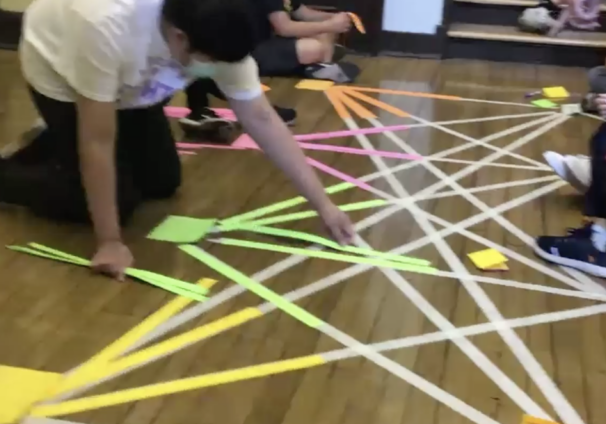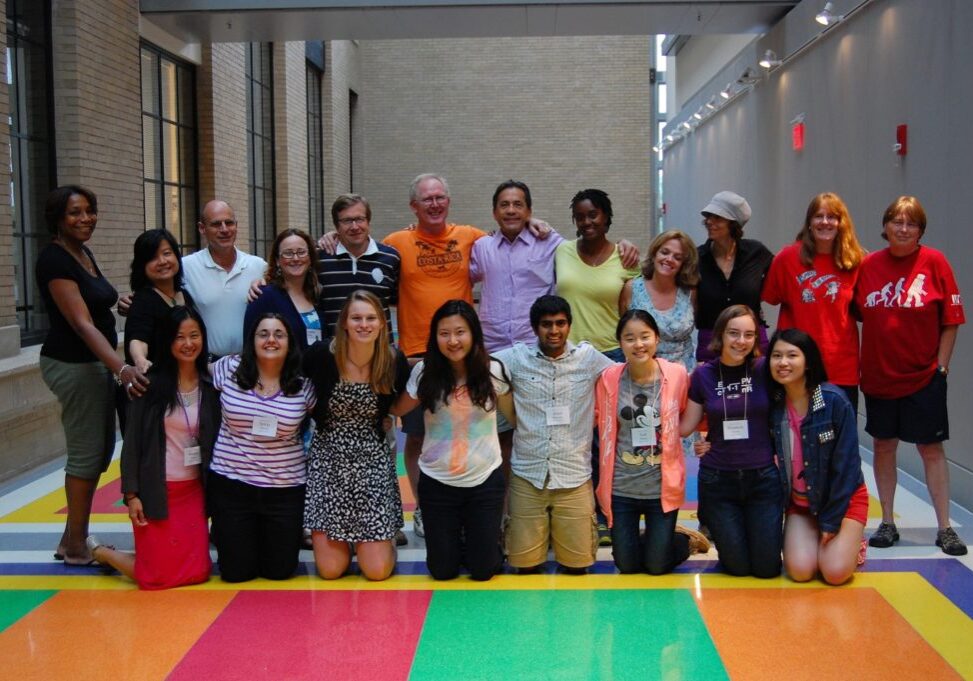MIT STEP Lab partners with New Mexico State University to study youth’s understanding of decision trees and neural networks.
Curriculum and Programs
The Scheller Teacher Education Program and The Education Arcade explore that which is authentically playful in the learning process. The integration of inquiry, games, and simulations realizes its full potential when it is delivered in the right context. We work with formal and informal educators to develop curriculum materials that implement the use of games and simulations to support more formal instructional objectives. Our research-based design approach to curriculum development integrates both teachers and students as critical roles in the development process.
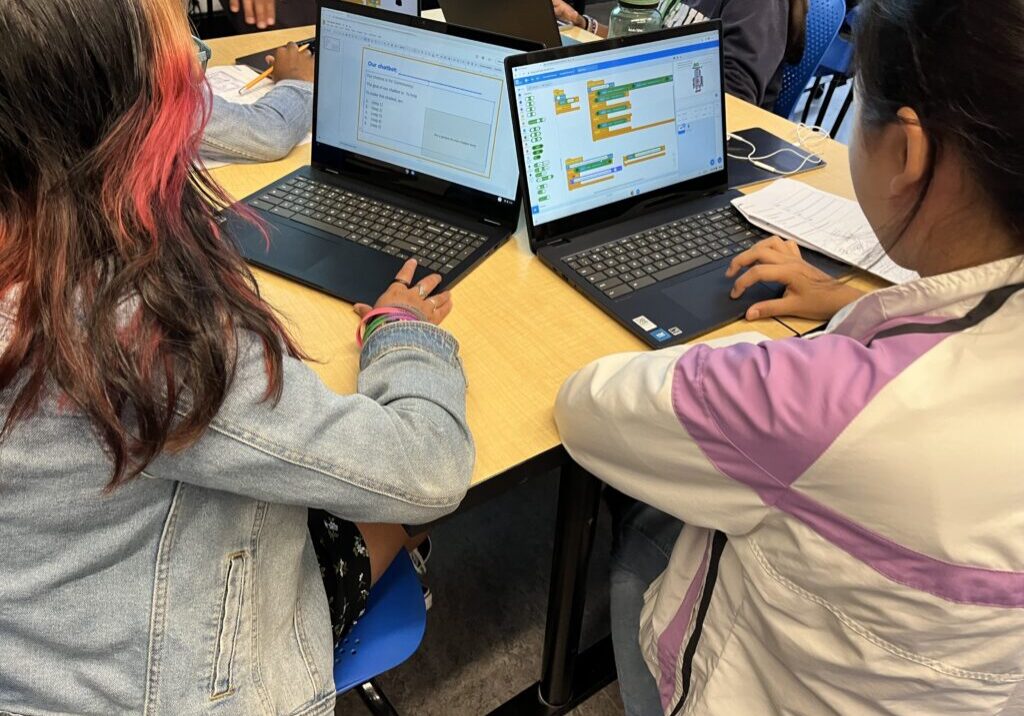
Collaborative AI for Learning (CAIL)
Researching and Designing AI Integration tools for Group- and Inquiry-based Learning
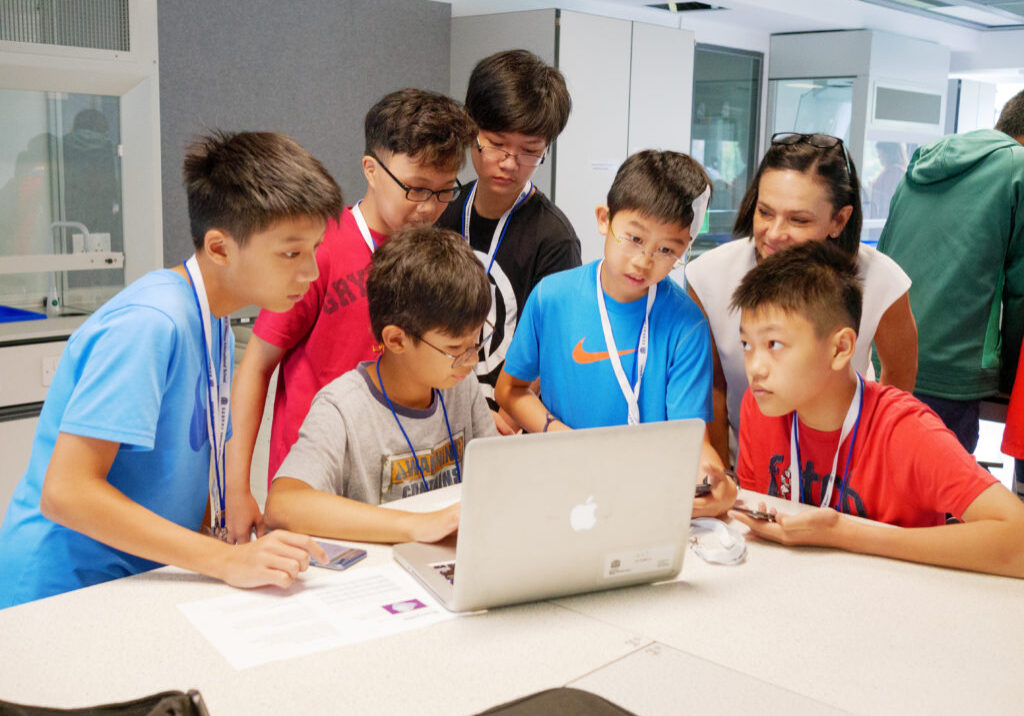
DC-Models
This project is an RPP with the DC school district to integrate computational modeling into their high school science courses, build capacity and train teachers to teach these units, and do research on longitudinal impact on students
(Collaborative project with DCPS and Salem State University)
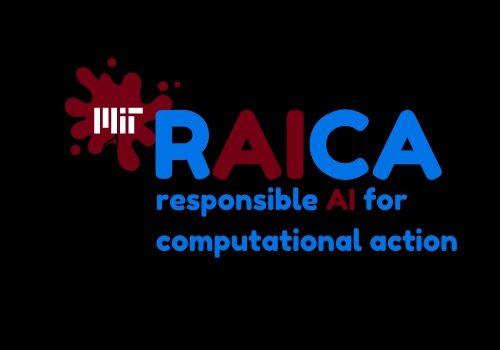
RAICA-Responsible AI for Computational Action
The STEP Lab is collaborating with MIT RAISE to design the Responsible AI for Computational Action (RAICA) curriculum. Responsible AI for Computational Action curriculum is project-based learning modules that prepare middle school students to be informed consumers and ethical producers of artificial intelligence (AI). At its core, the curriculum aims to be socially impactful, empowering, creative, and inclusive for students and teachers, with learning objectives that focus on increasing students’ capacity and develop their ability to use artificial intelligence, design thinking, ethical frameworks, and computational thinking to design thoughtful solutions to real problems.
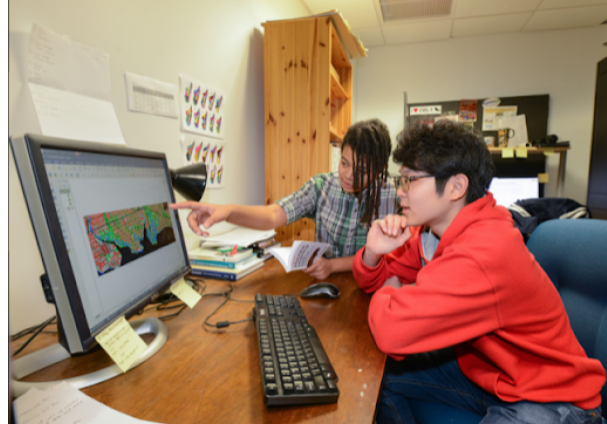
Preparing High School Students for Endeavors in Machine Learning (SRMPmachine)
MIT STEP Lab partners with American Museum of Natural History to offer AI education to underserved youth in NYC.
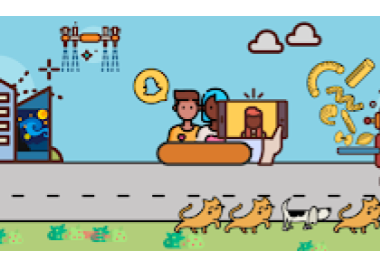
Everyday AI for Youth (EdAI)
Everyday AI for Youth (EdAI) is a research and design project examining the impact of a professional development model for educators learning to teach their middle school students about artificial intelligence (AI). The EdAI project is a collaboration between MIT, Boston College, and partnering school districts and out-of-school time (OST) program providers. It is a three-year project involving roughly 30 middle school teachers and over 900 middle school students, who engage with AI concepts and tools. Central to the intervention is the Developing AI Literacy (DAILy) curriculum consisting of a series of existing AI and “Ethics and AI” activities. EdAI gives middle school teachers the training, content knowledge, and pedagogy to engage middle school students in AI, and prepare them for computationally-intensive industries of the future, particularly those that incorporate AI technologies.
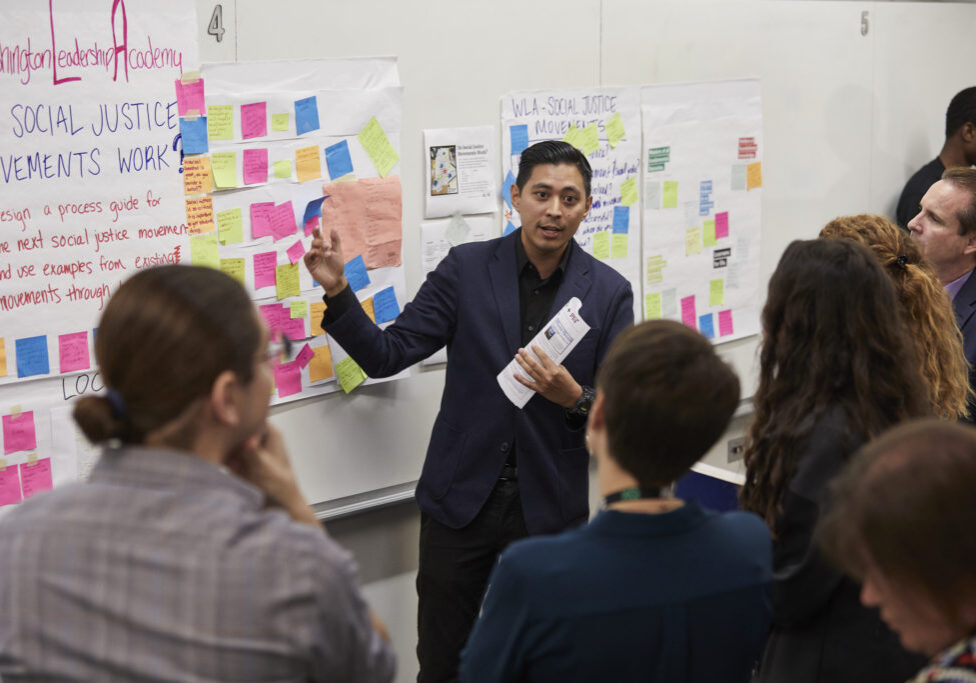
Project-Based Learning Networks
Teacher professional development centered on Project-Based Learning and designing lessons that are student-centered and inquiry-driven
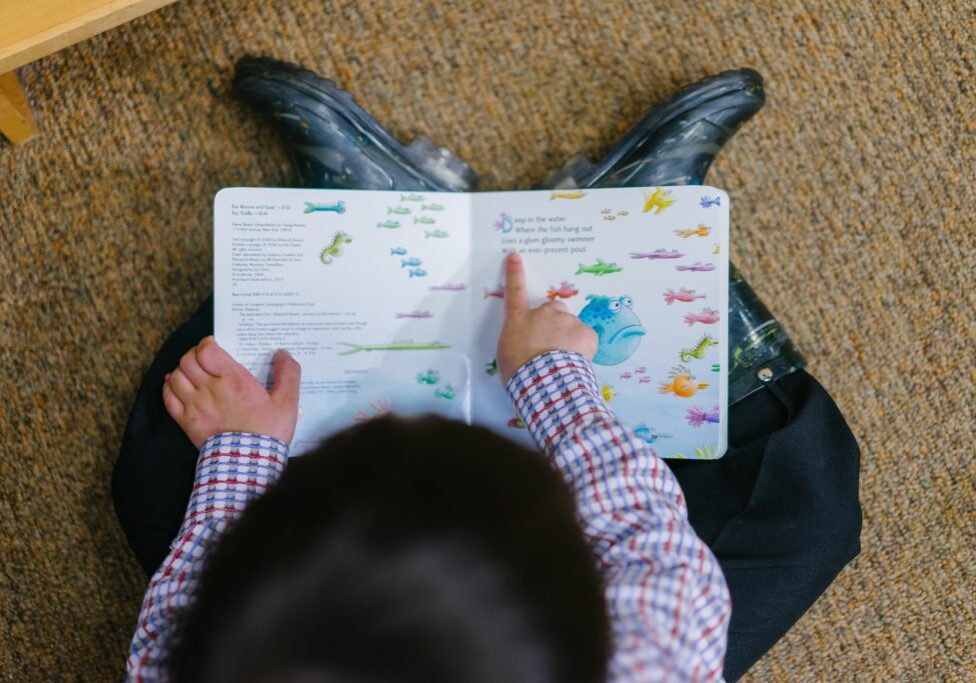
Reach Every Reader
Reach Every Reader is a collaboration across Harvard, MIT, and the Florida Center for Reading Research, supported by the Chan Zuckerberg Initiative. The goal of the larger project is to bring together a number of strands to create a support system that enables every child to become a strong, confident reader.
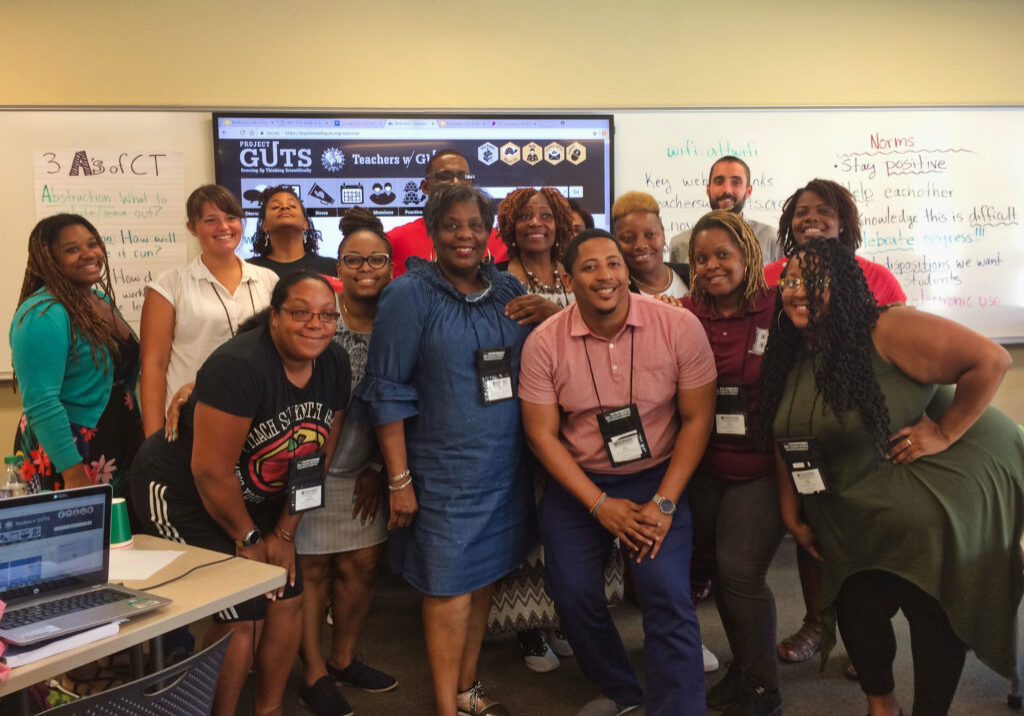
Project GUTS
Project GUTS — Growing Up Thinking Scientifically — is an integrated science and computer science program for middle school students serving schools and districts nationally and internationally. Growing up thinking scientifically means learning to look at the world and to ask questions, developing and using computer models that help answer questions through scientific inquiry, and using critical thinking to assess which models are reasonable and which are not. To grow up thinking scientifically means knowing science to be a computing-rich, dynamic, creative endeavor, a way of thinking, rather than a body of facts.
